The landscape of drone technology in the United States is on the brink of significant change as lawmakers push forward with the “Countering CCP Drones Act,” which could impose a ban on DJI drones. This potential ban has far-reaching implications for various sectors, from public safety to commercial operations. Here’s a comprehensive update on the situation, its impacts, and what to expect in the coming months.
Background on the DJI Ban
The “Countering CCP Drones Act,” a part of the FY2025 National Defense Authorization Act (NDAA), aims to restrict the Federal Communications Commission (FCC) from issuing new licenses to DJI, a leading Chinese drone manufacturer. The House of Representatives has passed the act, and it now awaits approval from the Senate.
Reasons Behind the Ban
Proponents of the ban argue that it is essential for national security. They believe that relying on Chinese technology poses significant risks, as these drones could potentially be used for espionage or other malicious activities. Representative Austin Scott highlighted that the ban would help “remove communist China from our supply chain” (sUAS News – The Business of Drones).
Impact on Public Safety and Industry
One of the most significant concerns regarding the ban is its impact on public safety agencies. Many police, fire, and search and rescue teams rely heavily on DJI drones due to their affordability and advanced capabilities. These drones are crucial for missions such as locating missing persons, assessing hazardous situations, and gathering critical information without risking human lives.
Moreover, the ban could hinder innovation in the drone market by reducing competition. DJI’s technology is widely regarded for its high quality and cost-effectiveness, which has set a standard in the industry. Restricting their presence in the market could slow down technological advancements and increase costs for consumers and businesses alike (DroneXL.co) (UAV Coach).
Broader Implications and State-Level Effects
The federal ban on DJI drones could prompt similar actions at the state level. For instance, Florida and Arkansas have already enacted bans on DJI drones for state agencies, influenced by federal guidelines. This trend may continue, leading to more widespread restrictions across the country.
In Florida alone, the cost of grounding DJI drones and replacing them with alternatives is estimated at $200 million. This financial burden, ultimately borne by taxpayers, underscores the broader economic impact of such bans (UAV Coach).
Future of the Ban
The ban’s future is still uncertain as it awaits Senate approval. However, its passage through the House with strong support suggests a growing momentum for restrictions on DJI. If the Senate passes the act, DJI could be added to the FCC’s “Covered List,” severely limiting their operational capabilities in the US (sUAS News – The Business of Drones).
Conclusion
The potential ban on DJI drones is a pivotal moment for the US drone industry. While aimed at enhancing national security, the ban could have unintended consequences for public safety, innovation, and economic costs. As the situation develops, stakeholders across various sectors must stay informed and prepared for the potential changes ahead.
For ongoing updates and detailed analyses, follow trusted sources like DroneDJ, Tom’s Hardware, and DroneXL.
What do you think about the ban of DJI drones, Good move or bad decision?




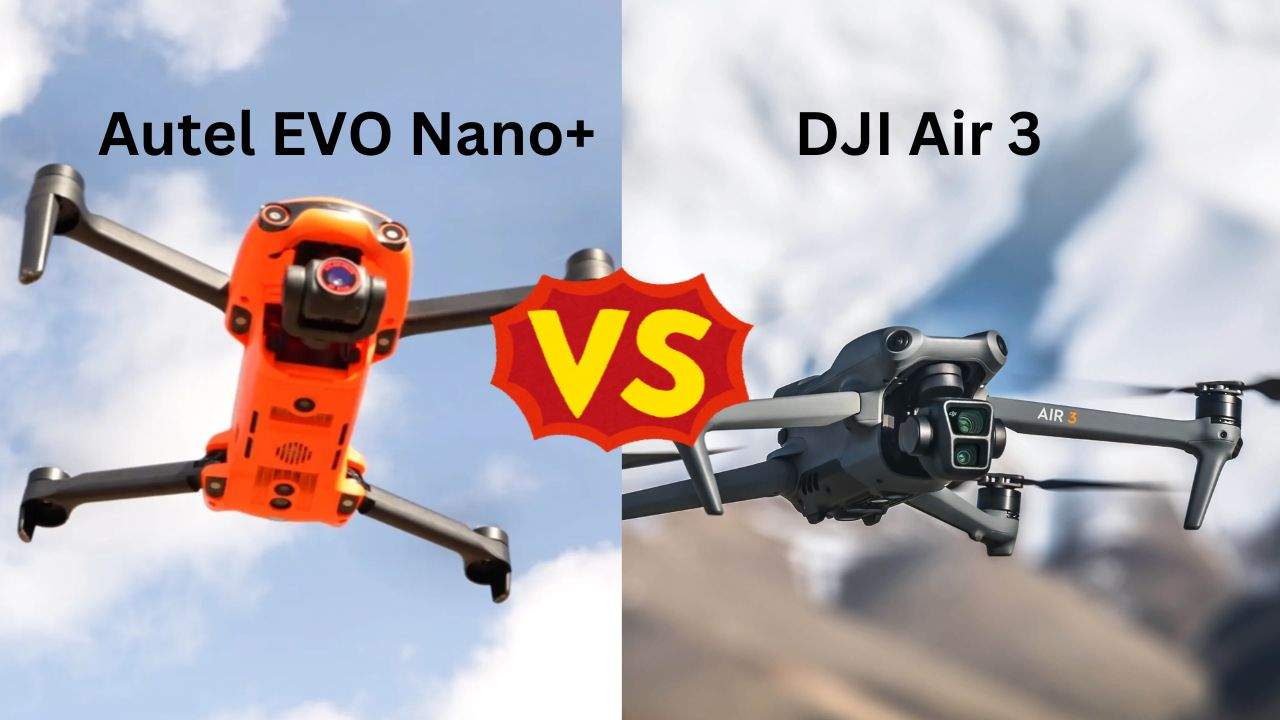



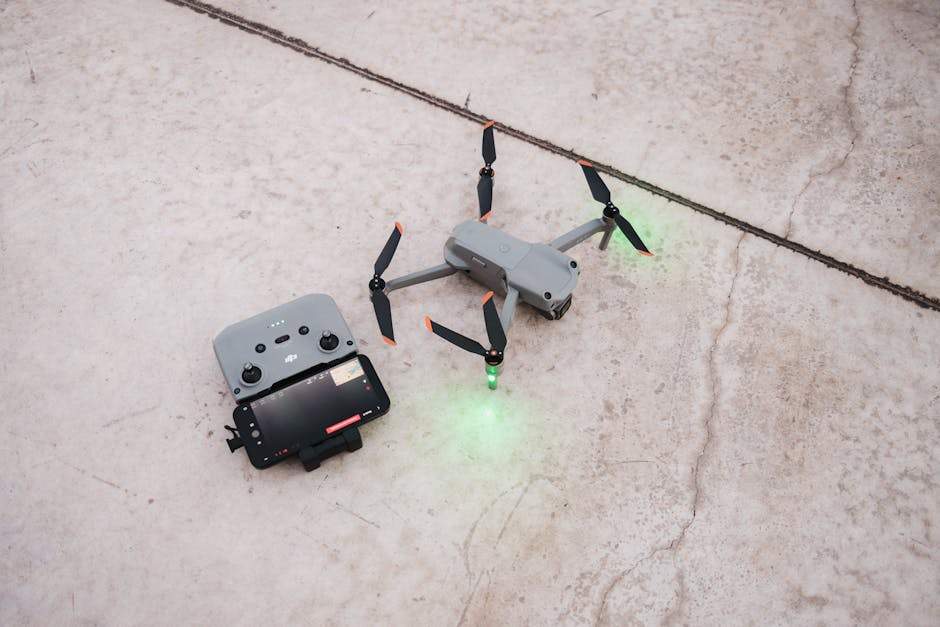



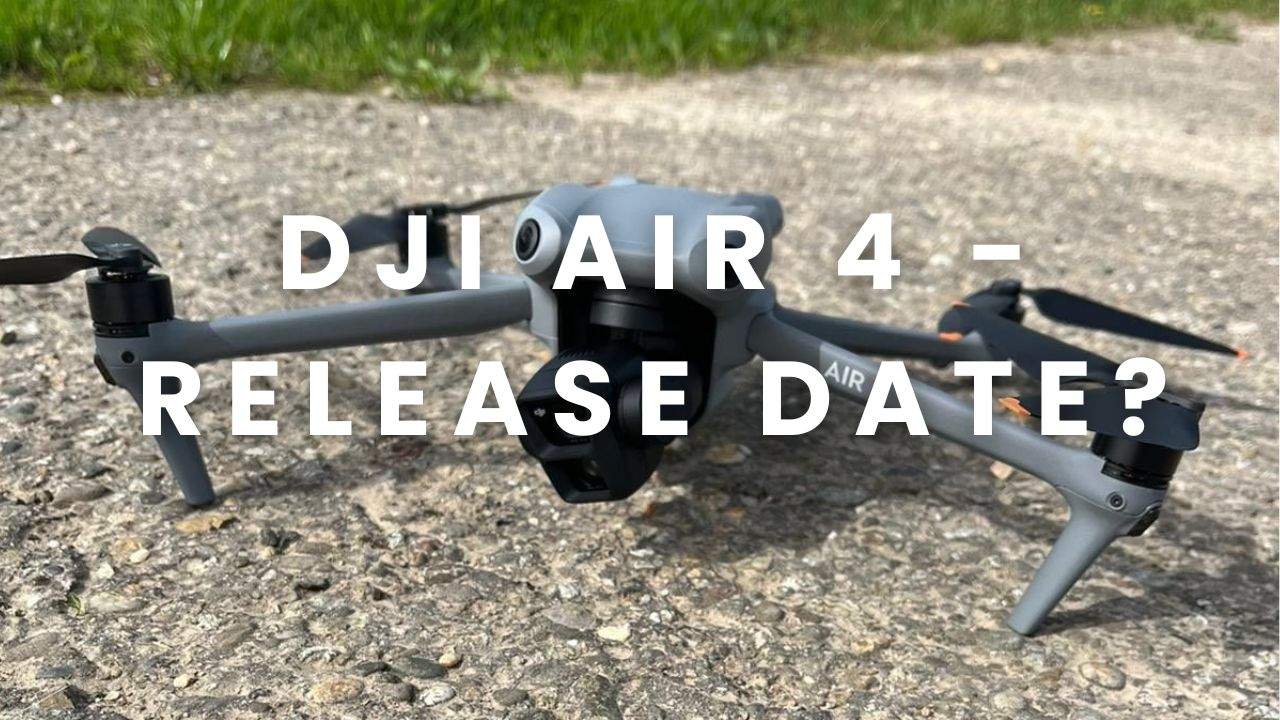


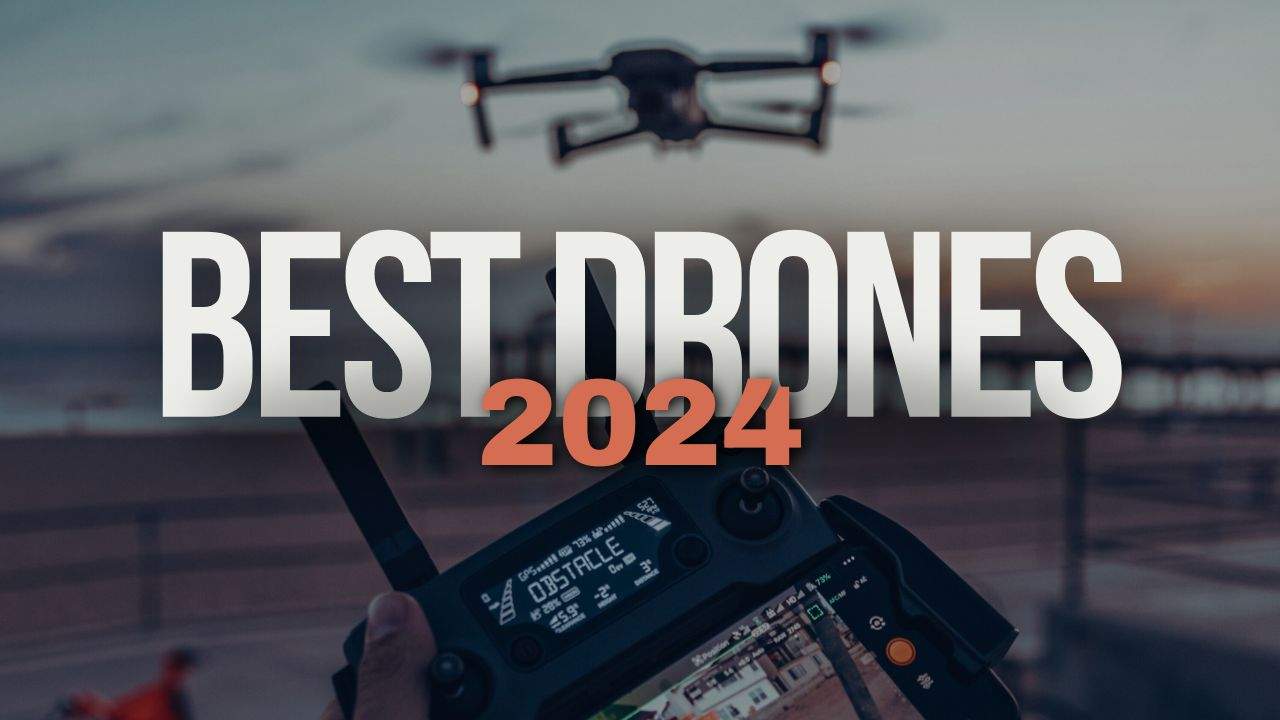


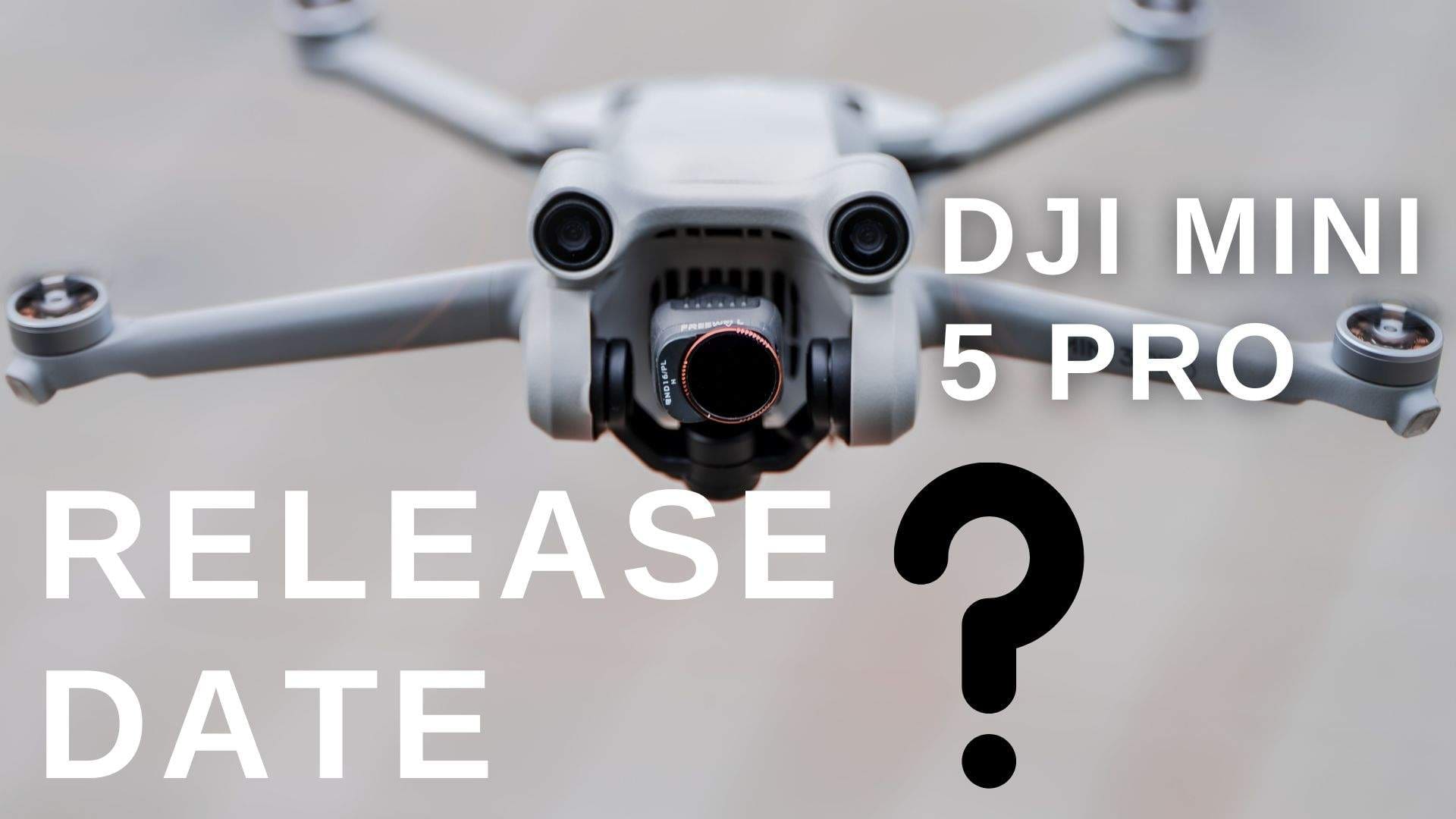




Leave a Reply